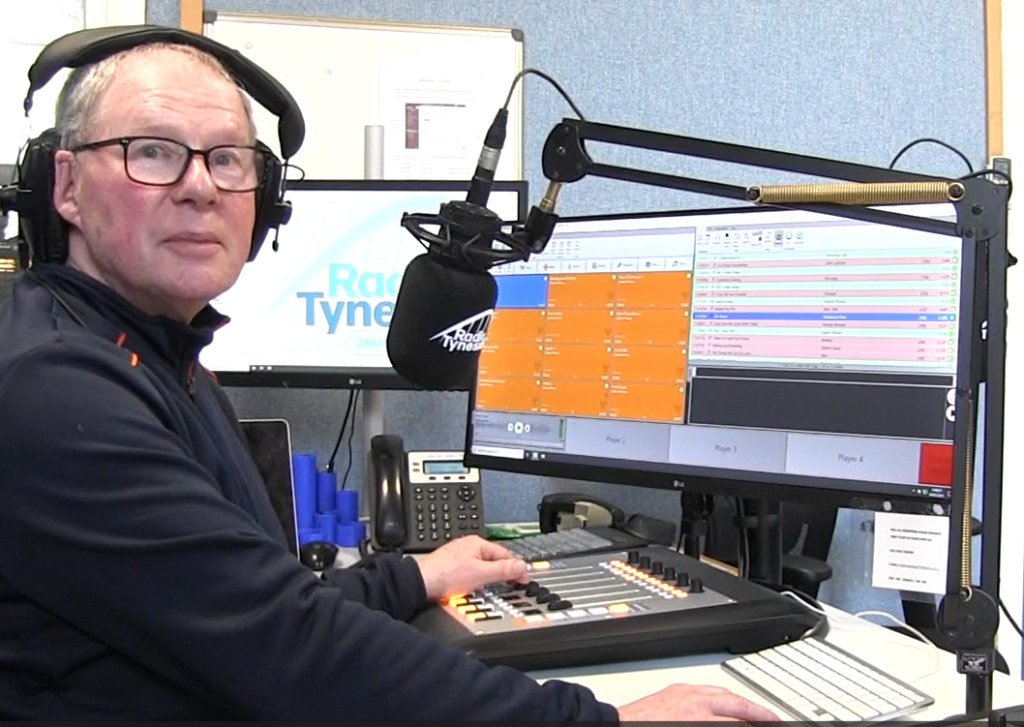Rising Taxes, Big Investment: A Budget Round-up of a Chancellor trying to balance the books
Written by Jack Wallace-Hunter on 17th November 2022
Chancellor Jeremy Hunt has set out his priorities for the British economy with major changes in taxes and greater amounts of investment in critical public services.
Despite the UK heading towards a recession, the Government established its priorities as “stability, growth and public services.”
During his fiscal statement on November,17 the Chancellor highlighted the impact of global factors on the current economic situation and inflating energy prices.
Mr Hunt said: ” We are not alone in these problems but today we respond to an international crisis with British values.”
In a major announcement, from April 2023 energy bills will be capped on average at £3000 for 12 months with more targeted support for those most in need.
When addressing taxation, the 45% tax fresh hold will reduce from £150,000 to £125,140 while also increasing the windfall tax on oil and gas profits from 25% to 35%.
This is estimated to raise £14 billion through the taxation of profits of oil and gas companies, which includes a temporary levy on electric generators.
Income tax, personal allowance and higher rate thresholds will be frozen until 2028 while national insurance and inheritance tax will remain frozen for the next 2 years.
However, council tax may rise as Shadow Chancellor Rachel Reeves suggests that those who have a Band D property will see an increase of bills by £100 on average.
Electric vehicles will be subjected to vehicle excise duty from April 2025 as it is estimated that half of cars are predicted to be electric by such a time.
According to the Office for Budget Responsibility (OBR) inflation is set to reach 9.1% this year and 7.4% next year.
When it comes to government spending, the Chancellor revealed that defence spending would remain at least at 2% of GDP.
Britain’s aid spending will not change from 0.5%, no longer moving to a target of 0.7%.
Hunt took the opportunity to re-emphasise the Government’s promise to maintain its commitment to the climate pact agreed upon at COP26 by cutting emissions by 67% by 2030.
In terms of education, the Government will increase spending by £2.3bn in the next two years, emphasising a need to “protect the school budget.”
The Chancellor also made the NHS a priority, setting out his plan to protect the service.
These plans set out a need to reduce waste and inefficiency within the service and will increase its budget by £3.3bn in each year for the next two years.
Social care will also receive an increase in funding by around £1bn in the next year.
Devolved nations will also see an increase in their budgets with a further £1.5bn for Scotland, £1.2bn for Wales and £650m for Northern Ireland.
Nuclear energy is set to make a comeback as the Sizewell C Nuclear Power plant will go ahead in the southeast of England, estimated to create 10,000 jobs and power 7% of UK households.
There will be no cuts to capital investments in infrastructure as HS2 and the Northern Powerhouse rail are still set to go ahead as planned.
Rent for those in the social housing sector will see it capped at a 7% increase instead of rising with inflation.
The national living wage is set to increase from £9.50 to £10.42 for those over the age of 23, set to boost the wages of about two million people.
Benefits are also set to rise with inflation, increasing universal credit payments to around £600 a year for families on average.
The pension triple lock will remain as it is, and the state pension age will be announced early next year.
Reeves criticised the Government after the statement as she said: “The country is sick of being ripped off by the Tories.”
How will the new fiscal budget affect you? Have your say at Spark







